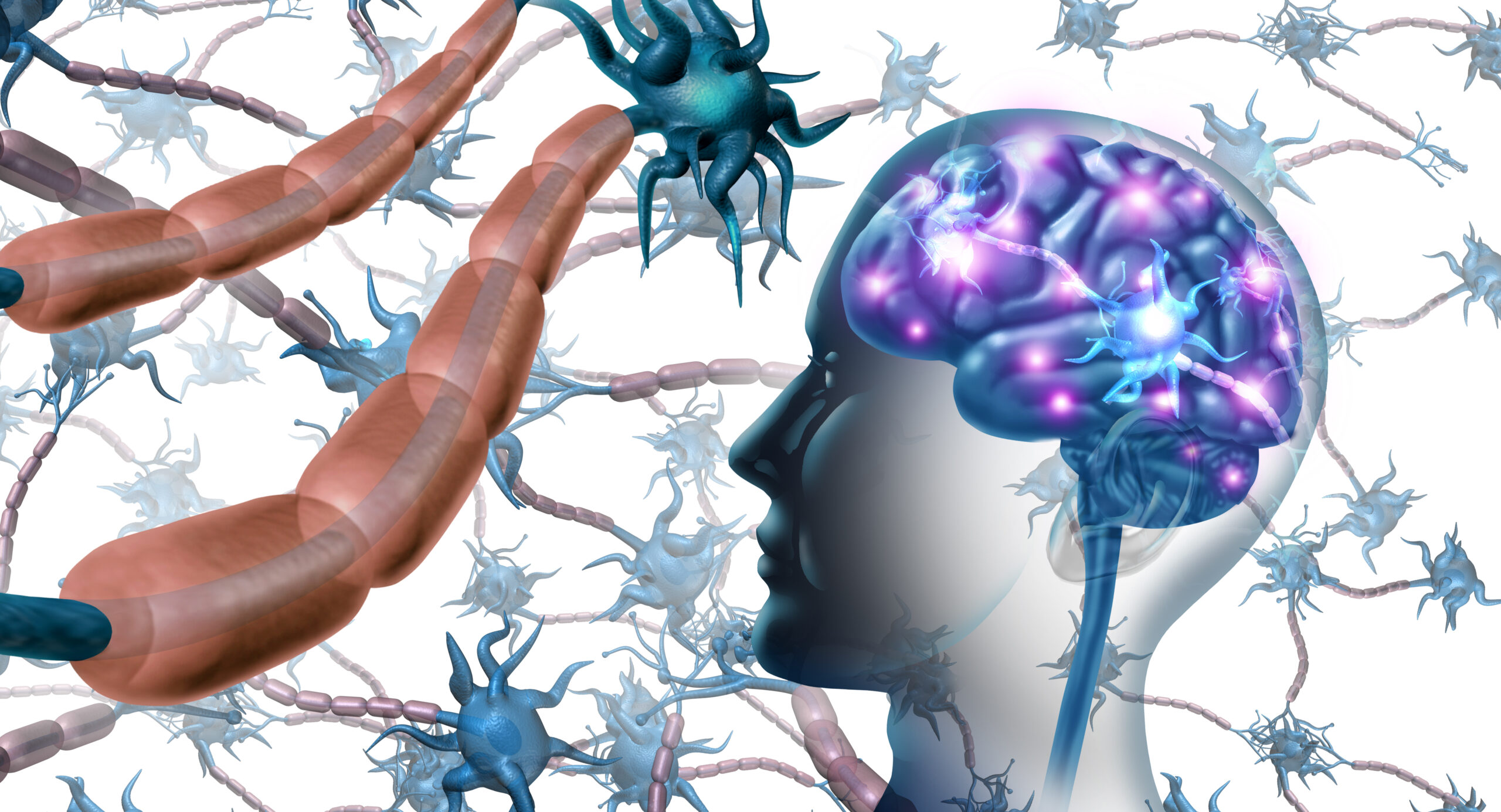By Annette Pinder
Multiple Sclerosis (MS) is an autoimmune disease of the brain and spinal cord (the central nervous system), which controls everything we do.
Bennett H. Myers, MD, a neurologist at DENT Neurologic Institute, says, “While the cause of MS is unknown, we know that something triggers the immune system to attack the brain and spinal cord. The damage that results to the myelin (the protective layer insulating wire-like nerve fibers) disrupts signals to and from the brain. This interruption of communication signals causes unpredictable symptoms such as numbness, tingling, mood changes, memory problems, pain, fatigue, blindness and/or paralysis. However, everyone’s experience with MS is different.”

Bennett H. Myers, MD
More than 400,000 people in the U.S. live with MS, which affects two to three times more women than men. Research shows that early treatment can better help manage MS, and even slow its progression. However, diagnosing MS early on can be difficult, because people can experience a wide range of symptoms. Diagnosing MS requires evidence of the disease in at least two different parts of the central nervous system.
To diagnose a patient, Dr. Myers first reviews their complete medical history and tests their nervous symptom function, which includes their reflexes, balance, coordination, vision, and sensation. State-of-the-art imaging, including MRI scans, help assess each patient’s condition. Other diagnostic tools include tests to measure the speed at which the nervous system responds to stimuli, and a spinal tap that checks a patient’s cerebrospinal fluid for signs of the disease. Due to broad symptoms associated with MS, many neurologists are assuming some primary care responsibilities to address immunological issues of MS patients affecting sleep, stress, allergies, and more, with coordination of care and team-based models involving nurse educators, pharmacologists, and integrative medicine providers.
With about 50 percent of MS patients experiencing significant fatigue, Dr. Myers often recommends lifestyle modifications to combat such symptoms, along with physical or occupational therapy, and exercise. He talks to his patients about the importance of vitamins, such as B12, Biotin, and Vitamin D, and depression associated with fatigue, as well as the detrimental effects of consuming too much caffeine. Fortunately, while some medications can cause side effects, a simple change in dose or type of medication can help. Remote monitoring and telemedicine also help address these issues quickly.
While there is currently no cure for MS, there are many more therapies available now to slow disease progression, manage symptoms, and improve life quality for those affected. DENT also provides opportunities for patients to participate in clinical trials of experimental drug treatments. To underscore its commitment to supporting MS patients, DENT holds an MS Support Group every third Thursday of the month at the DENT Tower in Amherst from 6 to 8 pm.
DENT is a leading provider for MS patients in Buffalo and recognized partner in MS Care by the Center for Comprehensive MS Care National Multiple Sclerosis Society’s Partners in MS Care program. Bennett H. Myers, MD is the MS Center Director at DENT Neurologic Institute. Learn more at www.dentinstitute.com/services/multiple-sclerosis. To make an appointment regarding symptoms you are currently experiencing, call 716-250-2000.












